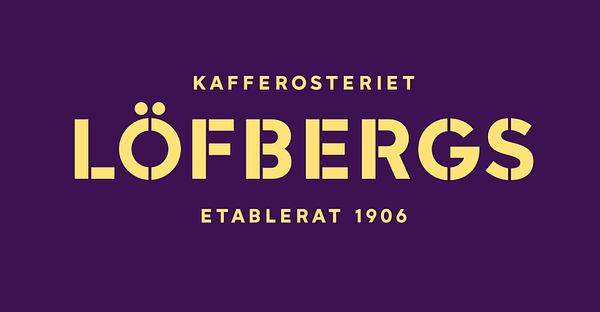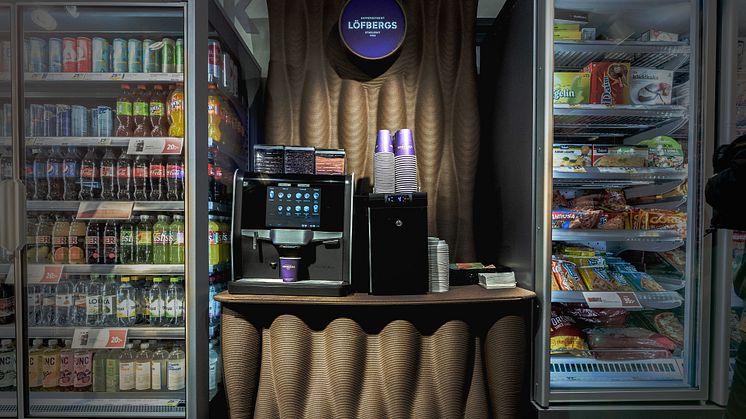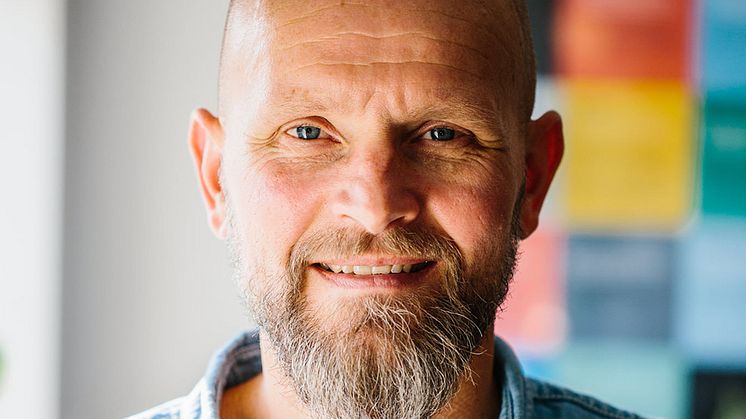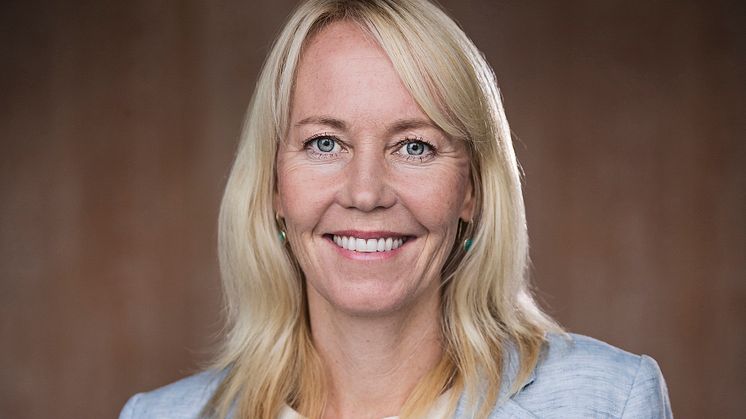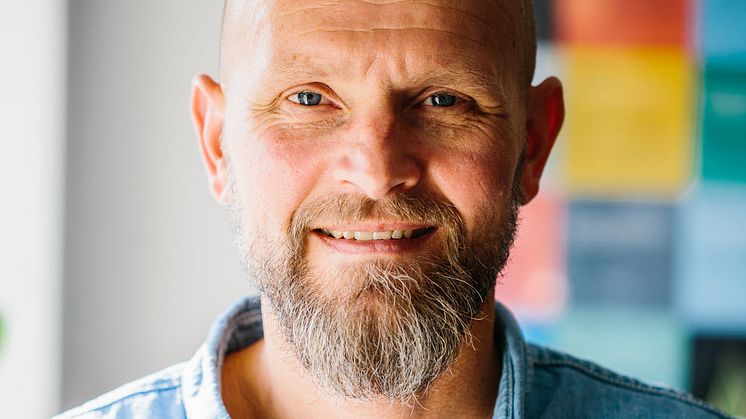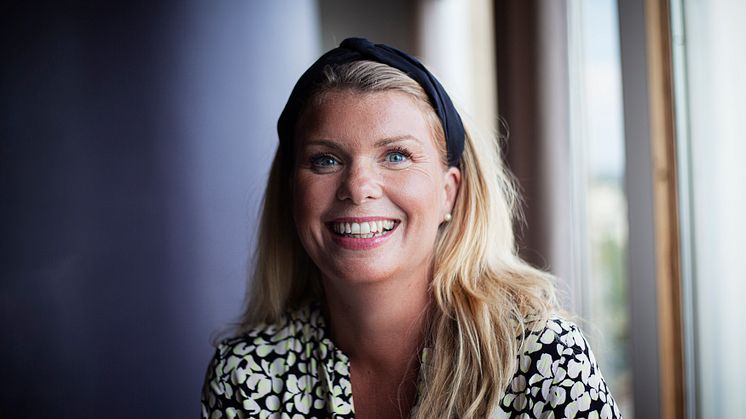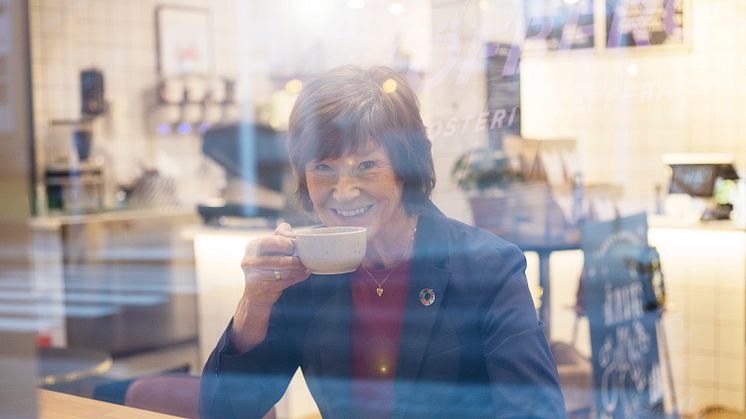
Press release -
New report: Cooperation strengthens Löfbergs in the sustainability field
Lower climate impact, more certified coffee and increased support for small-scale coffee farmers. The new sustainability report from Löfbergs group shows that the family-owned coffee company continues to develop in the sustainability field. Löfbergs is now aiming at new goals: circular transformation with zero waste.
– It is about reforming our entire business. The climate changes and the waste of resources are threatening the global coffee business, from farmers to consumers. We have to change the way we look at coffee and we need to fully use all resources throughout value chain. It creates new revenue for the farmers, makes it possible for the consumer to benefit from the full cup and reduces our impact on climate and the environment, says Eva Eriksson, Head of Sustainability at Löfbergs.
As a part of this work, Löfbergs has now started Circular Coffee Community, an initiative where Löfbergs invites consumers, companies and others to find solutions that contribute to a circular coffee business with zero waste.
– Our sustainability work starts out from the UN Sustainable Development Goals, not least goal 17 that deals with partnership and cooperation. We would not have come as far as we have without participating in several different networks and contexts, and we will continue to work together with others to develop and share sustainable solutions, says Eva Eriksson.
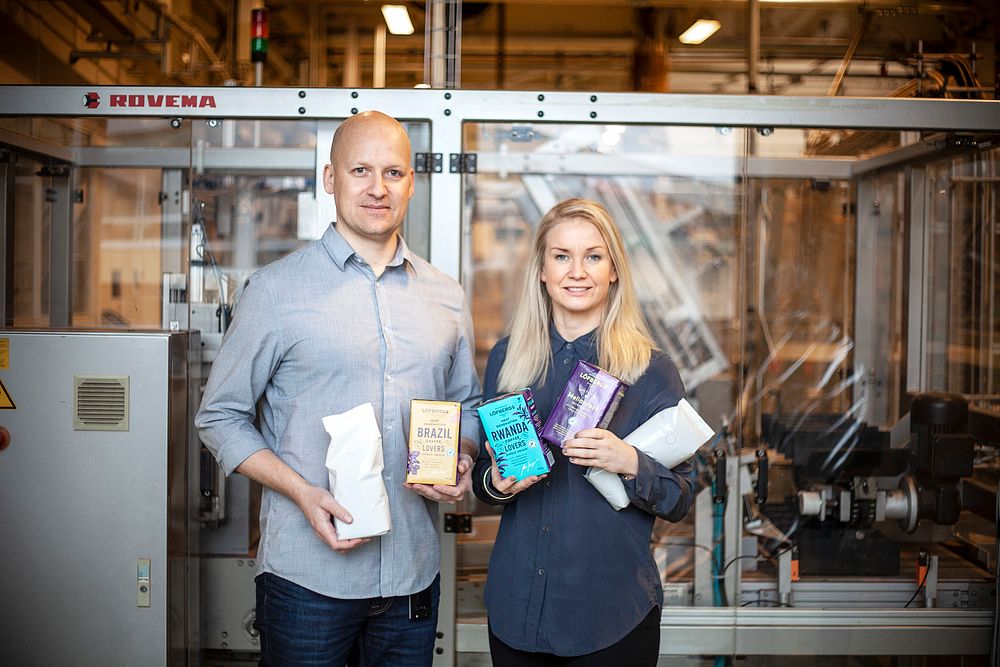
Climate impact reduced by half
In Löfbergs’s new sustainability report, the company accounts for its work during the financial year of 2019/2020. The work at home focuses on energy efficiency, renewable energy and more climate-smart packaging.
– We have reduced our climate impact with 52 per cent since 2005. We use green electricity from wind as well as geothermal and district heating, but are still partly dependent on fossil LPG when roasting. Thanks to close cooperation with one of our suppliers, we have now found a solution that makes it possible for us to convert to 100 per cent renewable energy soon, says Eva Eriksson.
Löfbergs also reports further progress when it comes to packaging. The goal is that all packages will be recyclable and made of renewable or recycled material by 2030. The share of plant-based packaging materials increased to 73 per cent this year.
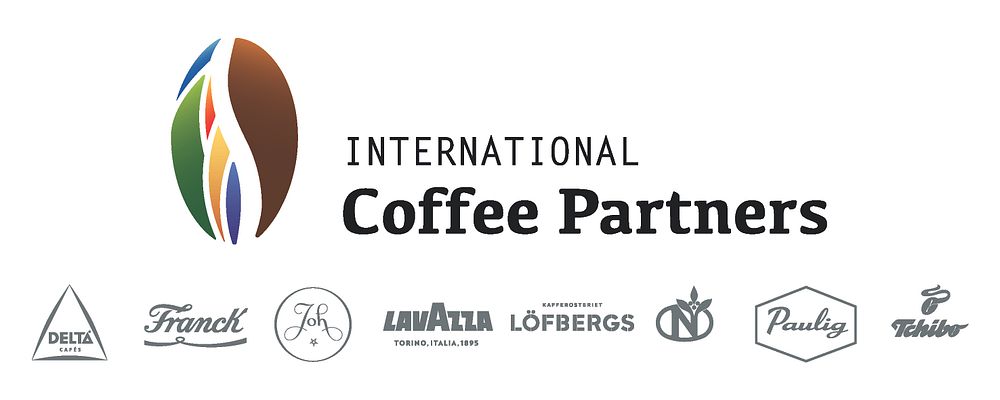
Development projects for small-scale coffee farmers
Another important part of Löfbergs’s sustainability work is the development projects that the coffee roaster carries out. Löfbergs co-founded International Coffee Partners in 2001. Together with seven other family-owned coffee companies, Löfbergs works to improve the conditions for small-scale coffee farmers.
– These efforts make it possible for the farmers to reach another level, and to be more sustainable, increase their proceeds and live a better life. More than 92,000 small-scale coffee farmers in 13 countries have participated in the projects since the start, says Eva Eriksson.
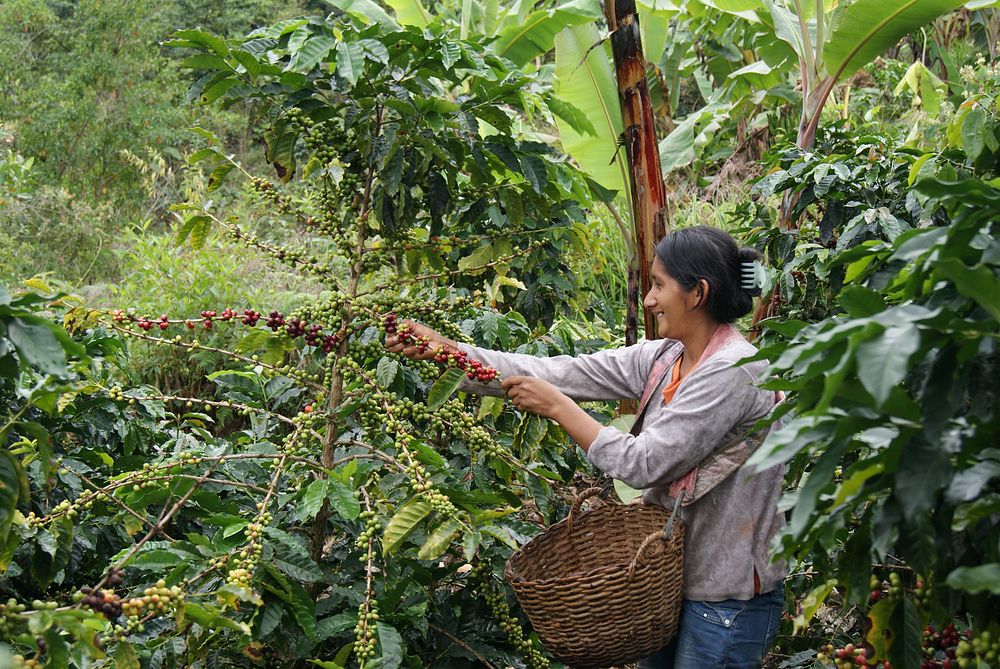
SEK 50 million in extra bonuses
Certified coffee contributes to more sustainable farming methods and improves the coffee farmers’ living conditions and development possibilities. Löfbergs works together with certification bodies and customers in food retail, hotels, restaurants and cafés to increase the supply and demand for organic, Fairtrade and Rainforest Alliance labelled coffee.
– It is about helping both farmers and consumers to understand the benefits of choosing certified coffee. This year’s sales of Fairtrade coffee gave SEK 50 million in extra bonuses for cooperatives and small-scale coffee farmers. The money is used to develop farms as well as the local community and is of great importance, says Eva Eriksson.
Löfbergs has worked with certified coffee since 1995, when the company imported the first container of organic coffee to Sweden. Today, the company is one of the largest buyers in the world of organic and Fairtrade labelled coffee. Löfbergs also purchases coffee from farms that are certified by Rainforest Alliance, a certification with great focus on biodiversity.
For more information:
Eva Eriksson, Head of Sustainability, Löfbergs: +46 54 14 01 23, eva.eriksson@lofbergs.se
***
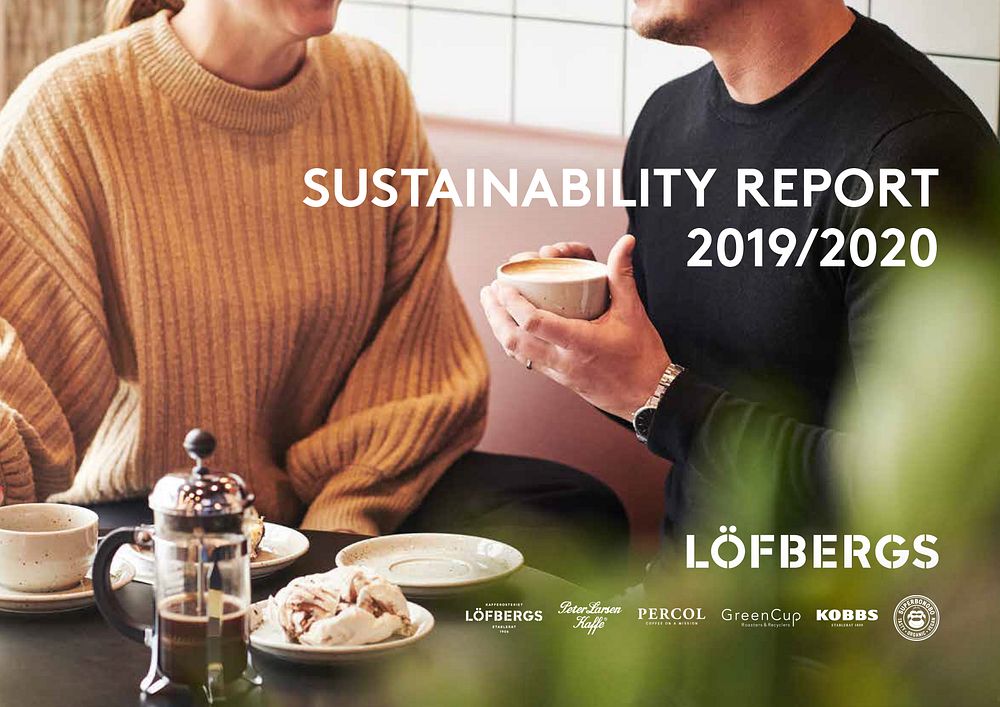
Löfbergs’s sustainability report 2019/2020 in short
- 52% reduced climate impact (since the base year of 2005).
- 73% plant-based packaging material.
- 60% renewable energy.
- 98% of waste to material and energy recycling
- 92,000 small-scale coffee farmers in own development projects (International Coffee Partners, since 2001).
- SEK 50 million in extra bonuses for small-scale Fairtrade farmers and cooperatives.
- Contributed to the conversion of an area equivalent to 16,300 football fields to organic production without any artificial fertilizers and pesticides.
- Started Circular Coffee Community as a part of the company’s circular conversion.
Topics
Categories
The coffee roaster Löfbergs is a Swedish Family Business founded in 1906. We are 340 coffee lovers operating in Northern Europe and Canada, sharing the passion for taste, trends and sustainability. We have a turnover of SEK 1.6 billion and is one of the world's largest purchasers of organic and Fairtrade-labeled coffee. The Löfbergs group includes the brands Löfbergs, Peter Larsen Kaffe, Percol, Green Cup, Kobbs and SuperBonobo. Website
